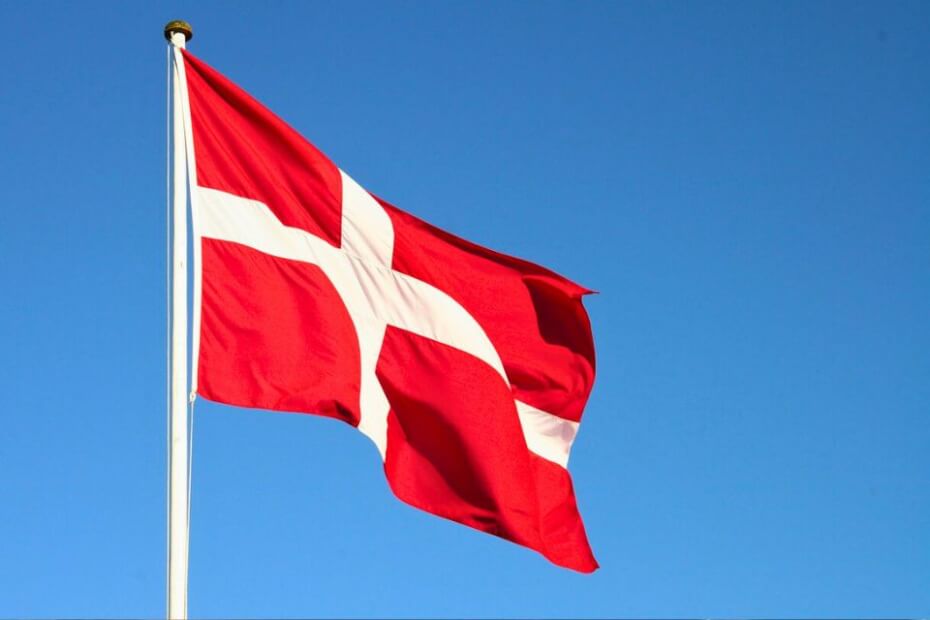
The Danish Agency for International Recruitment and Integration (SIRI) reminded citizens of the United Kingdom (UK) and their families of the deadline for residency applications.
SIRI is the agency in charge of processing cases granting residence and work permits for foreign nationals. It also issues residence documents to European Union (EU) and European Economic Area (EEA) nationals.
“British citizens and their family members who do not already hold a residence document in Denmark under the Withdrawal Agreement must submit an application,” read the statement on SIRI’s website.
The extended deadline until 31 December 2023 is for individuals who have not previously applied and those who received a rejection of their application.
Those who have applied for residency in Denmark under the Withdrawal Agreement and received their residence card do not need to reapply.
The agency will not send individual information letters apart from the released statement.
What is the Withdrawal Agreement?
The Withdrawal Agreement protects EU citizens lawfully residing in the UK and UK nationals living legally in any of the 27 EU Member States at the end of the transition period on 31 December 2020.
It also applies to EU citizens who moved to the UK or UK nationals who relocated to an EU member state during the transition period.
The agreement ensures these citizens and their families retain essentially the same rights they had before the UK left the EU.
It guarantees they can continue to live, study, work, and travel freely between the UK and the EU.
In Denmark, British citizens and their families covered by the Withdrawal Agreement must apply for a new residence status and residence permit.
Qualified individuals who fail to apply before the deadline may cause them to lose any entitlement under the agreement.
Extending the residency applications
UK nationals and their families who qualify for the Withdrawal Agreement originally had until the end of 2021 to submit a residency application in Denmark.
In May 2023, the Danish government extended the deadline for residency applications after many British citizens living in Denmark missed the 2021 deadline.
Many of them did not receive individual notifications on the need to apply for extended residency in the country.
The extended deadline allows first-time applicants who missed the original deadline to apply for residency in Denmark.
It also gives individuals who received rejections due to late submissions a chance to reopen their cases.
Those who have not appealed their rejection to the Immigration Appeals Board may also ask their case to be reopened.
UK citizens in EU countries
Since the UK decided to exit the EU, now known as Brexit, effective at the end of 2020, the EU considered British citizens third-country nationals.
Third-country nationals are foreigners using passports issued by non-EU countries. They cannot live and work under the EU Freedom of Movement.
As third-country nationals, UK citizens are subject to third-country rules. This means stricter requirements for both temporary and permanent residencies and obtaining work permits.
In 2025, UK citizens will also require an ETIAS, or European Travel Information and Authorization, for short visits to EU countries.
Danish citizens in the UK
Danish citizens and their families looking to continue to live in the UK after Brexit may apply to the European Union Settlement Scheme (EUSS).
The EUSS is a UK Home Office scheme that implements the citizens’ rights provisions of the Withdrawal Agreement.
It grants eligible applicants from the EU, Iceland, Liechtenstein, Norway, and Switzerland an immigration status in the UK. This allows them to remain in the country following Brexit.
Without an EUSS settlement, Danish and other EU citizens cannot live, work, or access benefits and services in the UK. They are also subject to immigration laws.
For short visits, EU citizens will require an Electronic Travel Authorization (ETA) when traveling to the UK. It also means applying for a UK visa for extended stays, work, or study.


Leave a Reply